The Growing Role of AI in Creative Industries like Music and Art
4 May 2025
Artificial Intelligence (AI) is no longer just a buzzword confined to sci-fi movies or tech conferences. It's everywhere, and it’s changing the way we live, work, and even create. Yep, you read that right—AI is making big waves in the creative industries, including music and art. Sounds a bit counterintuitive, doesn’t it? After all, creativity has always been considered a deeply human trait. So, how in the world is AI stepping into the shoes of artists and musicians?
In this article, we’ll dive deep into the growing role of AI in creative fields like music and art. We’ll explore how AI is influencing these industries, what it means for human creators, and whether or not we should be excited—or maybe a little concerned—about this futuristic collaboration.
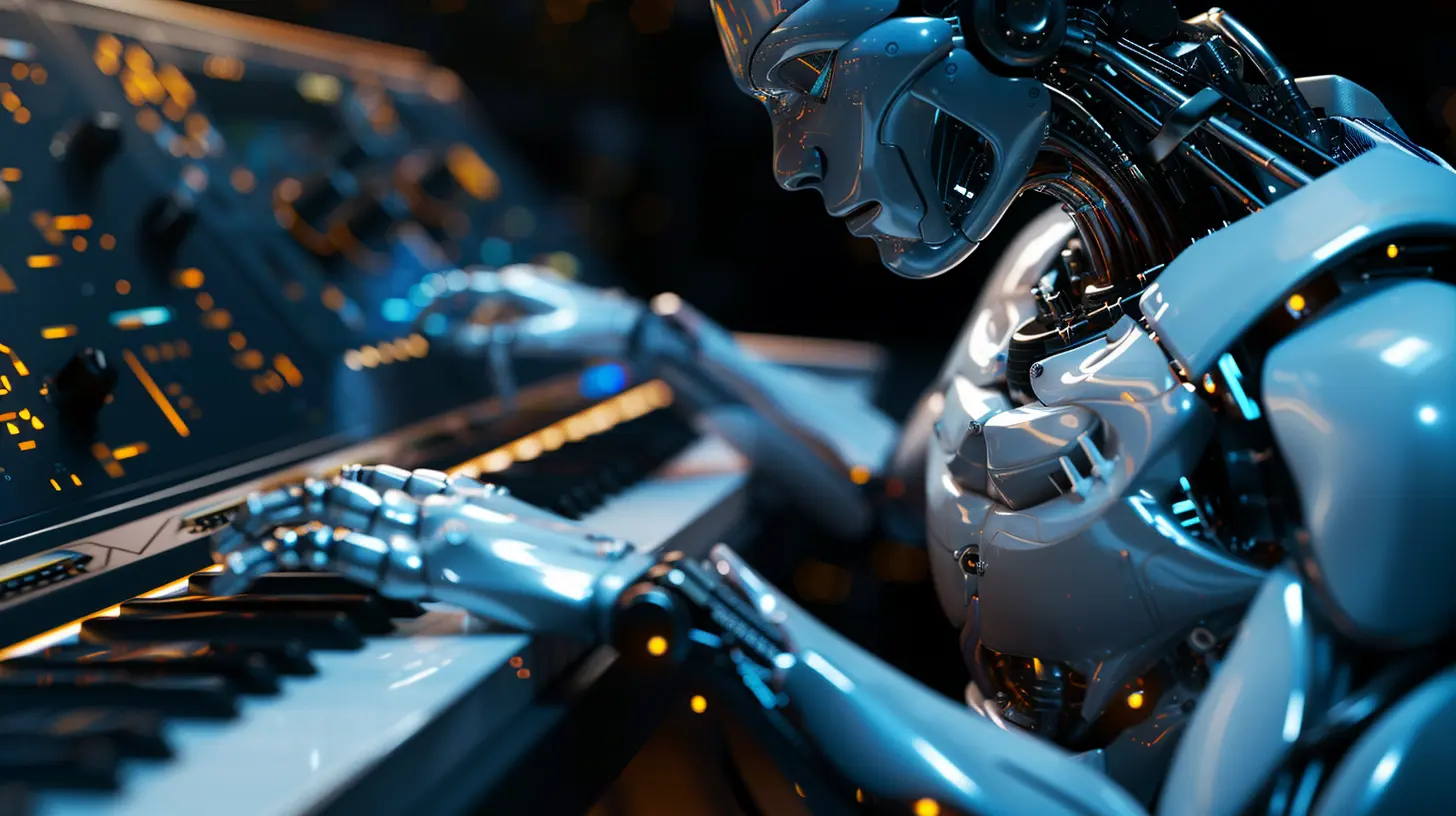
The Intersection of AI and Creativity: A Surprising Pair
When people think about creativity, they often imagine an artist painting a masterpiece or a musician composing the next chart-topping hit. It's all about raw emotion, personal expression, and the kind of spontaneity that machines, up until recently, couldn’t replicate. But here's the thing: AI is getting really good at mimicking, enhancing, and even generating creative works. And it's happening faster than you might think.AI in the creative space isn't about replacing human creativity; it’s more like a tool, an assistant if you will, that helps artists and musicians push boundaries. Think of it as the ultimate collaborator—one that never runs out of ideas, doesn’t need sleep, and can process more information than a human brain ever could.
Remember when calculators replaced the need for mental math? AI is doing something similar for creativity. It’s not taking the creativity away from us; it’s making it easier to reach new heights.
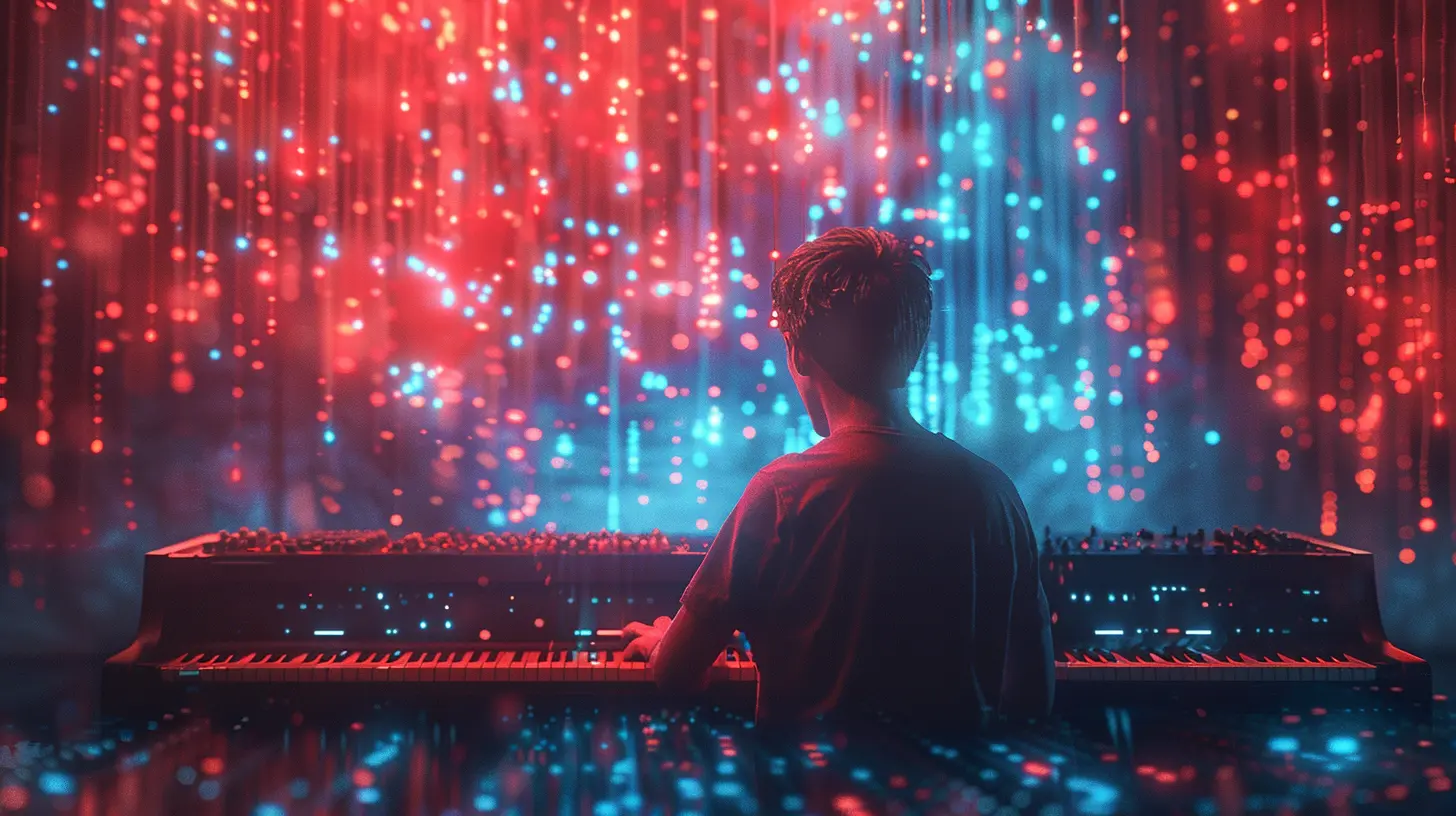
How AI is Shaping the Music Industry
Let’s start with music, an industry that has always evolved alongside technology. From vinyl records to streaming platforms, music has consistently embraced innovation. Now, AI is taking it up a notch.AI as a Music Composer
Believe it or not, AI can compose music. And we're not just talking random sounds cobbled together. We're talking about full-blown symphonies, pop songs, and everything in between. Tools like OpenAI’s Jukedeck and Amper Music allow users to generate music tracks with just a few clicks. You tell the AI the genre, mood, and tempo, and voilà—you’ve got a custom-made song.Oh, and before you roll your eyes thinking, "No way that can be good," consider this: AI-generated music is already being used in video games, commercials, and even some indie films. It’s not about replacing human musicians, but rather giving creators another tool in their toolkit. For instance, if a filmmaker needs background music for a scene but doesn't have the budget for a composer, AI music generation can be a perfect fit.
AI as a Music Producer
AI isn't just composing music; it's also revolutionizing music production. AI-powered tools can analyze tracks, suggest improvements, and even mix and master songs. Consider LANDR, an AI-driven mastering service that allows musicians to upload their tracks and receive a fully mastered version within minutes. Traditionally, this process would take days and cost a good chunk of money.AI mastering tools aren’t replacing human producers just yet, but they are giving independent artists access to high-quality production without breaking the bank. And for big-name producers? AI helps speed up the workflow, allowing them to focus more on creativity and less on the technical nitty-gritty.
AI and Music Recommendation Systems
Ever wondered how Spotify always seems to know what song you want to hear next? That’s AI at work. Music recommendation systems use machine learning algorithms to analyze your listening habits and suggest songs that you’re likely to enjoy. It’s like having a personal DJ who knows your taste better than you do.These recommendation systems have transformed how we discover music. Instead of relying solely on radio or word of mouth, we now have AI curating playlists tailored specifically for us. And the more you listen, the better it gets.
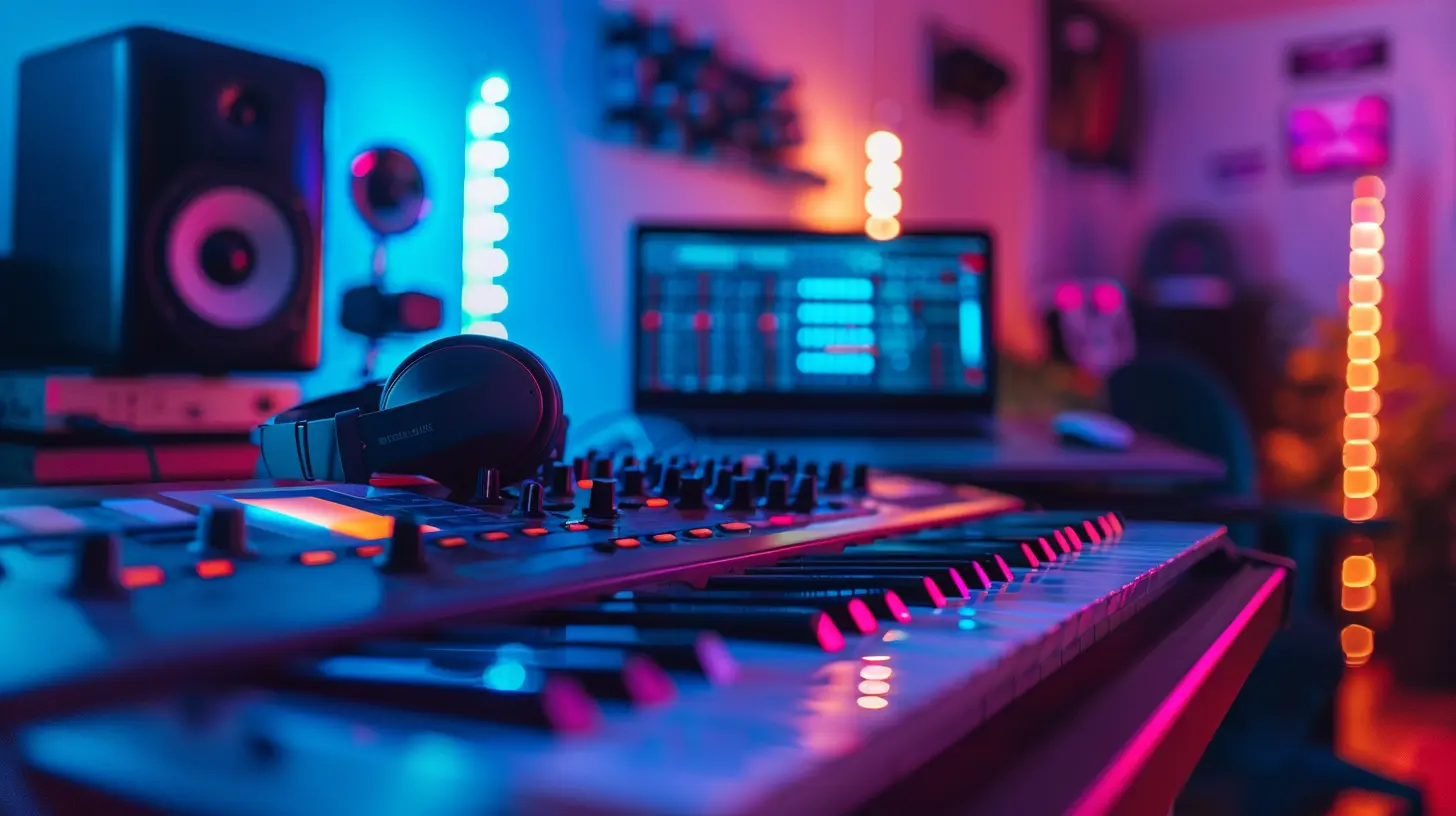
AI’s Impact on the Art World
Now, let’s shift our focus to the world of visual art. You might think that creating a painting or drawing is something only a human can do, but AI is proving otherwise. From generating original art to enhancing human-made pieces, AI is pushing the boundaries of what’s possible in the art world.AI as an Artist
You’ve probably come across AI-generated art without even realizing it. AI can create stunning pieces of visual art, often in a matter of seconds. Take GANs (Generative Adversarial Networks), for example. These algorithms can generate new images by learning from a dataset of existing artworks. One famous example is the AI-created painting titled "Portrait of Edmond de Belamy," which sold at auction for a whopping $432,500. Yep, an AI’s artwork fetched nearly half a million dollars!While some traditional artists might feel threatened by this, others are embracing it. AI-generated art is seen as a new form of creative expression, one where humans collaborate with machines to create something entirely unique. It’s like having a digital brush that can paint in styles you might never have imagined.
AI as a Creative Tool for Artists
AI isn’t just creating art on its own; it’s also assisting human artists in their creative process. Tools like DeepArt and RunwayML allow artists to use AI to enhance their work. Whether it’s applying a specific artistic style to a photo or generating new patterns, AI is helping artists work more efficiently and experiment with new forms of expression.For example, an artist might use AI to quickly generate multiple layouts for a piece, allowing them to choose the best one without spending hours sketching. It’s like having a creative assistant who never runs out of ideas. And in an industry where time is money, that’s a game-changer.
The Rise of AI in Digital Art and NFTs
AI's presence is also growing in the digital art world, especially in the booming market of NFTs (Non-Fungible Tokens). Digital artists are leveraging AI to create one-of-a-kind pieces that can be sold as NFTs, offering a new avenue for revenue. Some artists are even collaborating with AI to co-create digital art that blurs the line between human-made and machine-made.This new form of digital ownership is attracting a whole new audience, and AI is at the heart of it. The ability to generate unique, algorithm-driven artworks is pushing the NFT space into uncharted territory, making it one of the most exciting developments in the art world today.
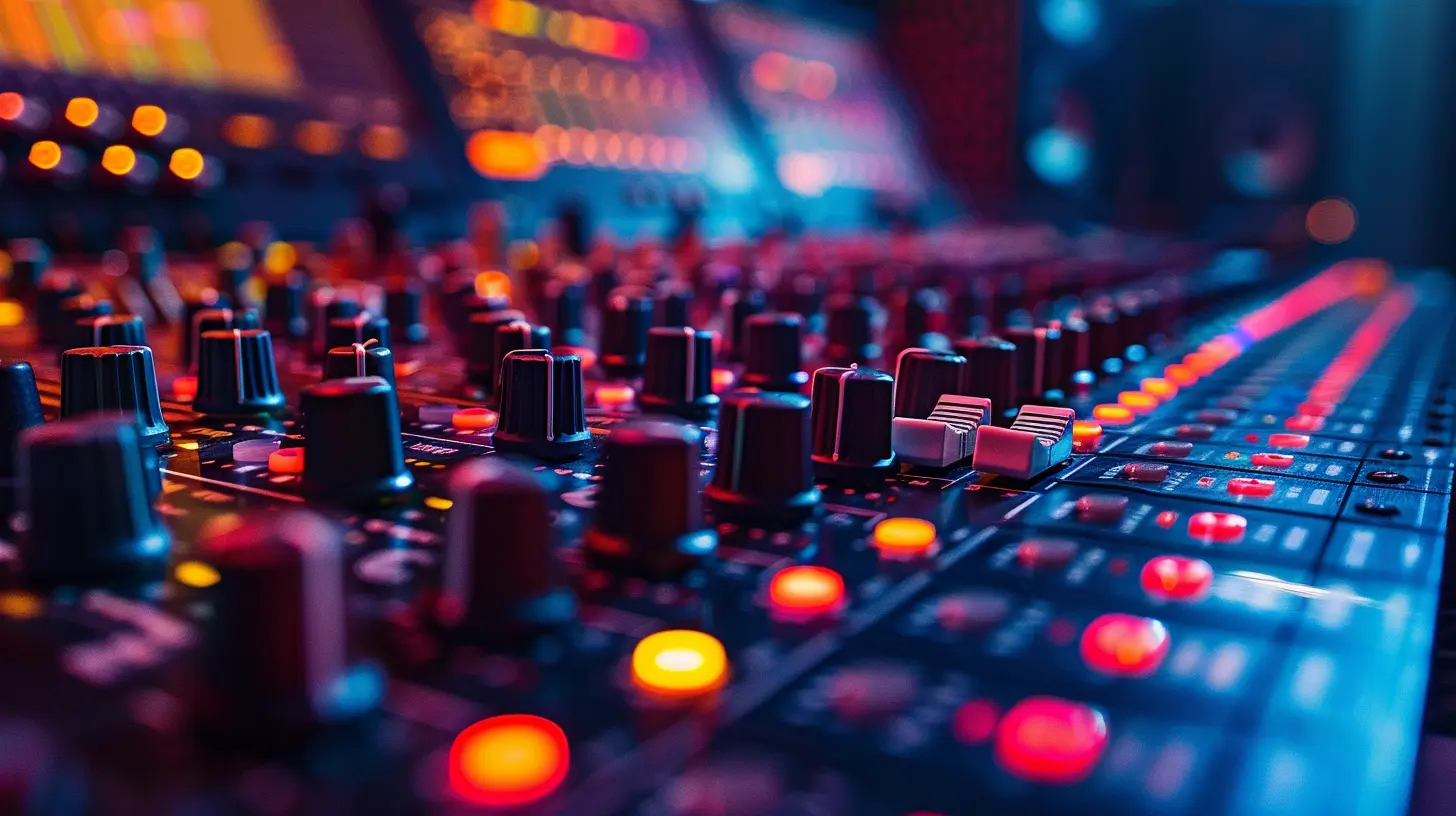
Should We Be Concerned?
Now, I know what you’re thinking: "Is AI going to steal all the creative jobs?" It's a fair question. But here's the thing—AI isn’t here to replace humans; it’s here to augment human creativity. Sure, AI can generate music and art, but it still lacks the emotional depth, intuition, and unique experiences that human creators bring to the table.Think of AI as a tool—an incredibly powerful tool, but still a tool. It can help us work faster, explore new creative avenues, and make art and music more accessible to people who might not have had the opportunity otherwise. But at the end of the day, it’s the human touch that gives creative works their soul.
That said, there are legitimate concerns about job displacement in certain areas, particularly in roles where AI can perform tasks more efficiently. For example, AI-generated music might reduce the need for background musicians in certain industries, and AI-created art could affect demand for commercial artists. However, these technologies also open up new opportunities, allowing creators to explore previously impossible ideas and collaborate in ways that were unimaginable just a few years ago.
The Future of AI in Creative Industries
So, where do we go from here? The future of AI in creative industries looks incredibly promising. As the technology continues to improve, we can expect AI to become an even more integral part of the creative process. But rather than taking over, AI will likely continue to serve as a powerful collaborator, helping human creators push boundaries and explore new artistic horizons.In music, we might see AI being used to compose more complex pieces, assist with live performances, or even create entirely new genres. In the art world, AI could help artists generate more interactive and immersive experiences, blending the physical and digital realms like never before.
The possibilities are endless, and while there may be challenges along the way, one thing is clear: AI is here to stay, and it’s going to reshape the creative industries in ways we can’t even fully imagine yet.
Final Thoughts
AI’s growing role in creative industries like music and art is both exciting and a little bit intimidating. But rather than viewing it as a threat, we should see it as an opportunity. AI has the potential to enhance human creativity, streamline production processes, and open up new possibilities that were once only the stuff of dreams.So, whether you’re a musician, an artist, or just a fan of creative works, it’s time to embrace AI’s role in the future of creativity. After all, the best art and music have always come from pushing the boundaries—and AI is just another tool to help us do that.
all images in this post were generated using AI tools
Category:
Tech NewsAuthor:

Gabriel Sullivan
Discussion
rate this article
8 comments
Chloe McVeigh
In the dance of pixels and notes, AI whispers dreams, awakening art's hopes. Crafting melodies, painting hues anew, Where human heart meets machine's view— A symphony of creation, a canvas of light, Together they flourish, igniting the night.
May 11, 2025 at 10:17 AM

Gabriel Sullivan
Thank you for your beautiful reflection! It perfectly captures the harmonious relationship between AI and human creativity in transforming the art world.
Finnian Rhodes
Creativity redefined, boundaries blurred.
May 10, 2025 at 2:51 AM

Gabriel Sullivan
Thank you! AI is indeed reshaping creativity, pushing us to explore new frontiers in art and music.
Christa Strickland
This article highlights an intriguing intersection of technology and creativity. AI's role in music and art is both exciting and unsettling, prompting us to reconsider authorship and originality. As these tools evolve, we must navigate the balance between innovation and genuine human expression.
May 9, 2025 at 8:00 PM

Gabriel Sullivan
Thank you for your thoughtful comment! I wholeheartedly agree that the intersection of AI with creativity raises important questions about authorship and originality. It’s a fascinating and complex landscape we’re exploring together.
Siena King
AI enriches creativity, inspiring new artistic possibilities.
May 9, 2025 at 11:36 AM

Gabriel Sullivan
Thank you! I completely agree—AI serves as a powerful tool that expands creative boundaries and fosters innovative artistic expression.
Melanie Howard
AI in music and art? Finally, a chance for my playlists to be as cool as my sketches—because let’s face it, my creativity could use a little ‘byte’!
May 8, 2025 at 7:03 PM

Gabriel Sullivan
Glad to hear you're excited! AI can definitely enhance creativity and complement your unique style—let's see what amazing mixes and visuals you can create together!
Amalia Stevens
As AI increasingly shapes music and art, we must ponder the essence of creativity. Is it the spark of human emotion or the algorithm’s precision that truly drives innovation? The blend could redefine artistic authenticity.
May 6, 2025 at 10:48 AM

Gabriel Sullivan
Thank you for your insightful comment! The interplay between human emotion and algorithmic precision certainly challenges our understanding of creativity and authenticity in art. It's an exciting discussion that will shape the future of artistic expression.
William Wilson
AI's creativity: collaboration or commodification?
May 6, 2025 at 4:09 AM

Gabriel Sullivan
AI in creative industries can be both a collaborative tool and a means of commodification; it enhances human creativity while also raising questions about originality and ownership.
Cody Bass
As AI increasingly influences creative fields, it's essential to consider both its benefits and ethical implications. While it enhances innovation and efficiency, the balance between human creativity and machine-generated content must be thoughtfully navigated to preserve artistic integrity.
May 5, 2025 at 10:28 AM

Gabriel Sullivan
Thank you for your valuable insight! Balancing innovation with ethical considerations is indeed crucial as AI continues to shape the creative landscape.
MORE POSTS
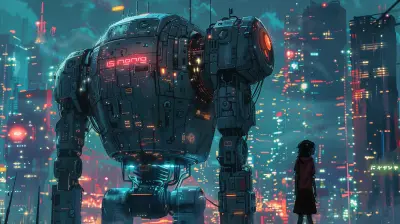
The Future of AI: How Machine Learning Is Shaping Tech Today
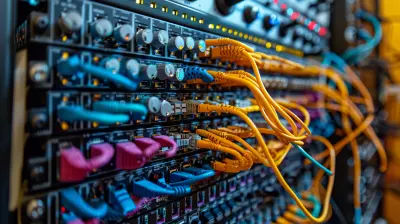
Network Topology Explained: Choosing the Right Setup
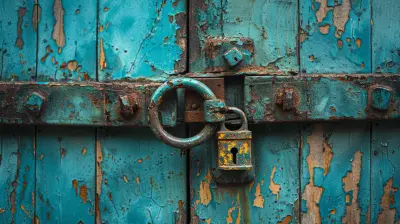
Understanding Shared Responsibility in Cloud Security
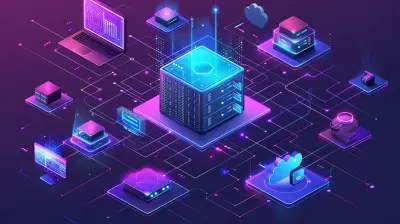
How Edge Computing Is Changing the Game for IoT Devices
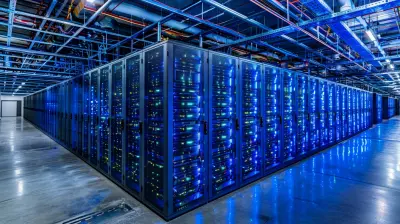
The Future of Data Centers: Trends Shaping Tomorrow's Infrastructure
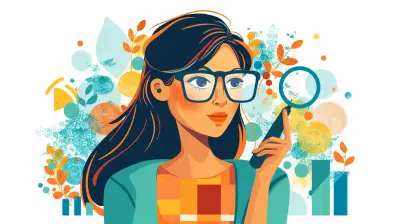
Uncovering Hidden Insights with Data Mining Tools